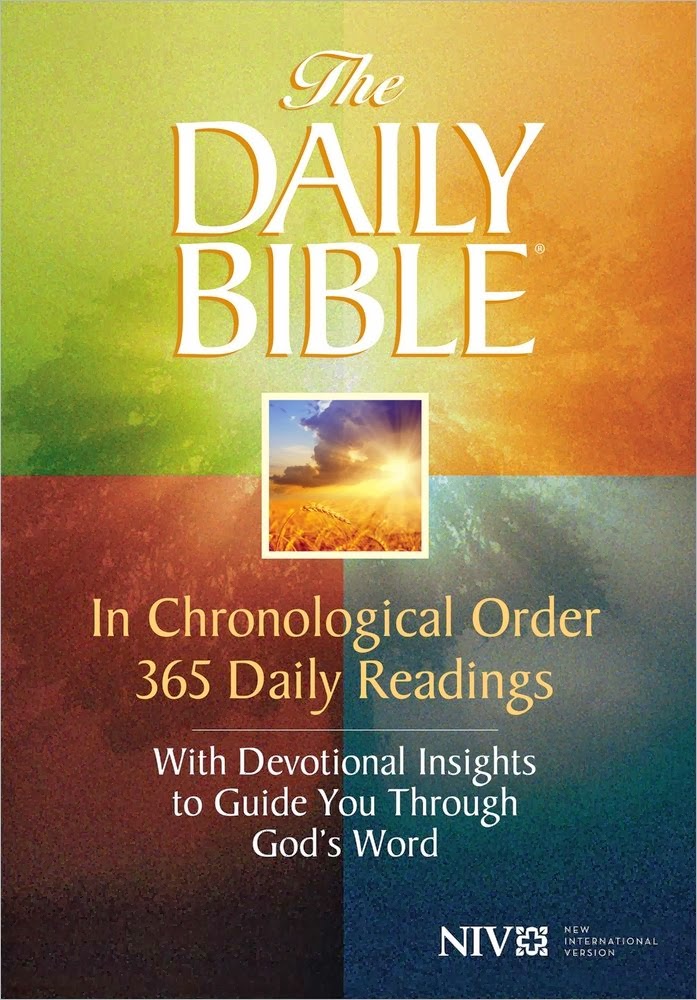
Whoa, there. Is this a bit of well-placed Pauline hyperbole? Me judge an angel? I just want to see one. And is that angels both good and fallen angels? Are we going to get a quick peek at history and how both the angels of the Lord and the angels of Satan intervened? But now instead of going about their work unnoticed by the bulk of us, we see what really happened and judge. Or is just the good guys and we're just judging as in rating them like Dancing with the Stars? I'd be happy turning my "judge" role over to the Lord. I just want to see them. Get them to autograph something -- a judgement day game program, an angel trading card or maybe my heart. I want to see angels. See if the artist got it right. Sometimes when I read these descriptions of angels with multiple wings it sounds more insect than bird like.
Now none of that may be intellectual sound. But this book is more about heart than head. And at the heart of this readings practical suggestions and admonitions is, well, the heart.
And so Paul writes:
"The man who thinks he knows something does not yet know as he ought to know. But he man who loves God is known by God." [1 Corinthians 8:2-3]
"Be careful, however, that the exercise of your freedom does not become a stumbling block to the weak. For if anyone with a weak conscience sees you who have this knowledge of eating in an idol's temple, won't he be emboldened to eat what has been sacrificed to idols? So this weak brother, for whom Christ died, is destroyed by your knowledge." [1 Corinthians 8:9-11]
In God's great celestial card game, love seems to trump knowledge every time. I know, I know, I'm still on my anti-scholar bias here. But I believe in God's view, love is knowledge. Love is the knowledge of God.























